How easy is it for urban renters to compost their food scraps? Meghan Read interviews two Aucklanders in contrasting living situations about the options they’ve chosen.
 Michael Sewell, 22, living in University accommodation
Michael Sewell, 22, living in University accommodation
Michael’s in his fourth year of an engineering science degree at Auckland University. In 2020, he lived in the University’s largest self-catered student accommodation, Carlaw Park Student Village (CPSV). As a member of Carlaw’s Green Team, he helped facilitate a trial of WeCompost’s compost collection service at the student hall.
We wanted to know more about how this service worked.
What are the pros and cons of using a compost collection company, compared with individual composting?
Using the WeCompost service is a far easier way to compost food waste from an individual’s perspective. As the tougher aspects of composting were outsourced to WeCompost, it simplifies the act of composting down to the same level of complexity as using your recycling bins; all you must know is what you can and cannot put in the bin.
The biggest advantage is how accessible the service makes composting to people in an urban setting. The biggest issue I see with this, however, is that by outsourcing the composting process, we lose the opportunity for teaching people how to compost, giving them an appreciation for the process, and utilising composted food waste as fertile soil. This means people become reliant on the service and do not have any proper transferrable composting skills when they move out of UoA accommodation. Another problem with commercial composting is that you are essentially trading methane emissions for carbon emissions by transporting the compost to a remote facility (WeCompost’s facility is in the Waikato), although methane is a significantly worse greenhouse gas, so this trade can be seen as desirable.
Should facilities such as student halls use urban compost companies, or a local garden or space for composting?
WeCompost’s service is favourable given the scale of the operation. Moving into the future, however, the ideal strategy would be to develop localised composting infrastructure for UoA accommodation. This strategy would teach students valuable skills and appreciation for composting, minimise emissions, and generate fertile soil for local use. Sadly, I do not think this will ever be on UoA’s agenda, but I would happily be proven wrong.
Will the WeCompost service continue or expand, based on the results of the trial?
The trial was extremely successful, and so the supposed plans are for expansion. The plan for 2021 is to offer the composting service to an entire building in CPSV, and potentially offer composting services to the entirety of UoA accommodation in the future. Without full buy-in from the student community and proper education around composting, however, am sceptical about how well this will work at UoA.
Before the compost trial, were food scraps composted?
Not at all. All food waste was collected as part of the normal waste collection at CPSV, going straight to landfill.
 Hyeon-Joo Kim, 21, living in a small apartment
Hyeon-Joo Kim, 21, living in a small apartment
Hyeon-Joo Kim’s small apartment is wedged in between fast-food shops and university facilities, she and her flatmates chose to use a bokashi bin to manage their compost effectively in their limited space.
Why did you choose the bokashi bin as your compost solution?
I chose to use a bokashi bin because I’m not staying at my current flat for more than a year. Placing a compost bin or worm farm would be large and quite a big job for somewhere temporary. Using a bokashi bin means I can bury the final product without needing to find adequate brown material to make a good compost. The other elements of using a bokashi bin which suit my living space are that it doesn’t smell and can be kept inside.
How do you use the bokashi bin, and what do you do with the bokashi’d food scraps?
The process is simple. I leave a container out for all flatmates to put their food waste into. Once it’s full, I empty the container into my bucket, press it down as much as possible, then sprinkle the bokashi zing (like a kombucha scoby) on top of the scraps to get the anaerobic fermentation going. I keep doing this until my bucket is full, then I move onto a second bucket.
I give the first bucket about a week for full fermentation, until I’m ready to bury the whole thing. I dig a hole about 50 cm deep, then use my spade to mash up the food scraps with the soil until it’s all mixed in and cover it with dirt. Done!
I will sometimes also drain the bokashi bin of its liquid, dilute the juice with water to give to my plants as fertiliser, or use undiluted to pour down the sink or shower drain as a cleaner.
What are the pros and cons of using a bokashi bin?
Aside from the easy use, bokashi bins can take pretty much all food waste (cooked and raw) as long as there isn’t too much fat or meat. They are good for small spaces and can be used in conjunction with a compost bin.
The disadvantages mostly relate to the specific space one needs to use a bokashi bin effectively. It’s not useful if you don’t have a garden or a large amount of soil, or if you only have a small, shared garden in a complex where people wouldn’t appreciate regular holes being dug and filled with food waste!
It can also be difficult to find an appropriately large bucket that is airtight. I would recommend (especially to students) not buying a proper bokashi bin but instead to go to a bakery or fast-food outlet. They will likely be throwing away industrial size, food-safe buckets, which you can take off their hands and save from the landfill.
How could access to composting be improved in inner city areas?
I think the council should create more communal garden areas in the inner city. Home composting worked well for me in 2020, but it likely won’t be as easy this year considering the apartment complex I’m moving into. Not everyone has a garden, and even those that do may have to contend with rules in place regarding garden use. Renters ultimately have to abide by their landlords!
If there were more communal gardens, I think more people living in urban, rental environments would be willing to start composting. They would be great places for people without gardens to enjoy and help divert food waste from landfill while providing inner city green spaces.
About the author
Meghan Read is Organic NZ’s magazine assistant. She lives in inner city Wellington where she and her flatmates take their compost to the local community orchard.
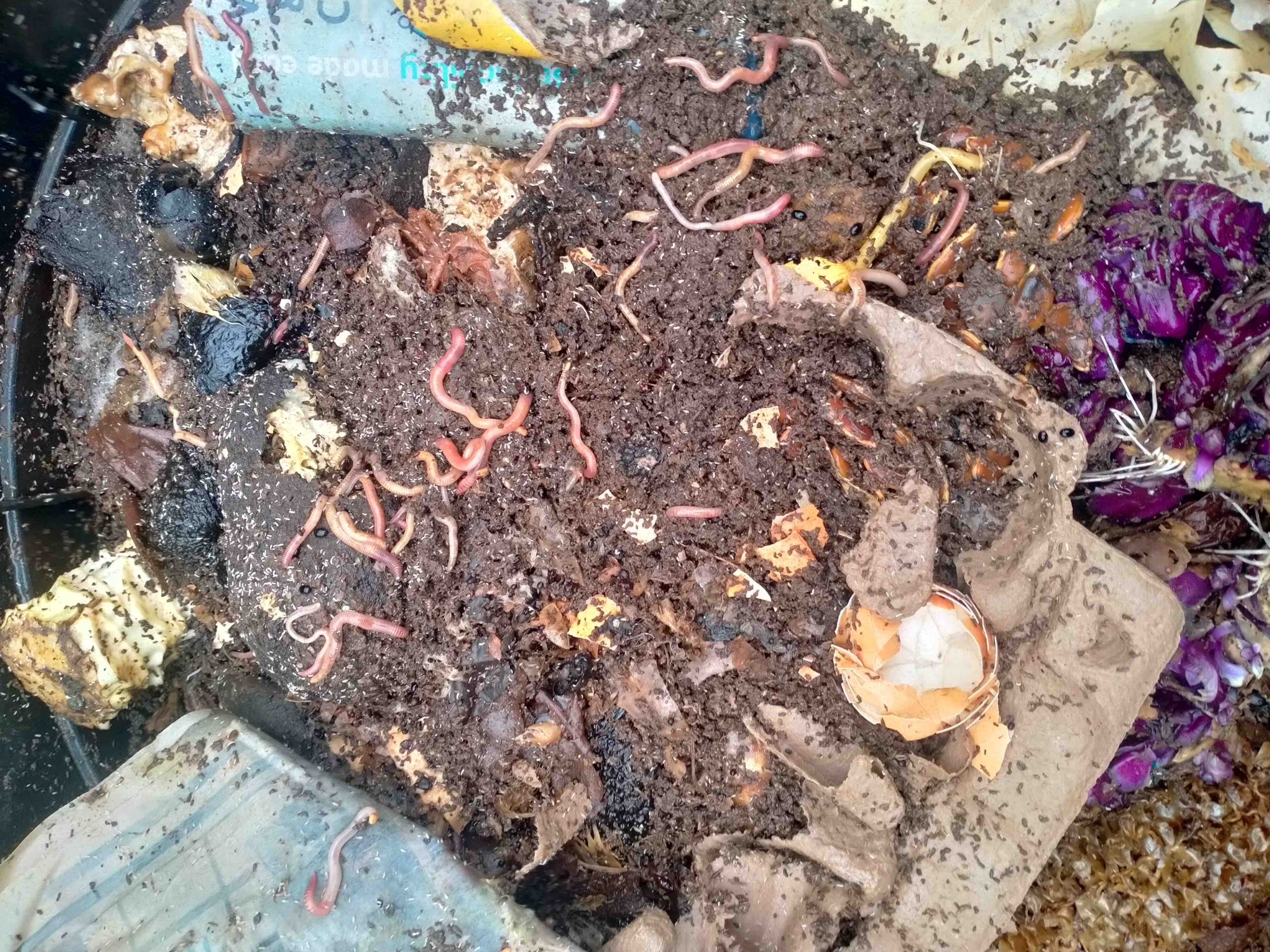
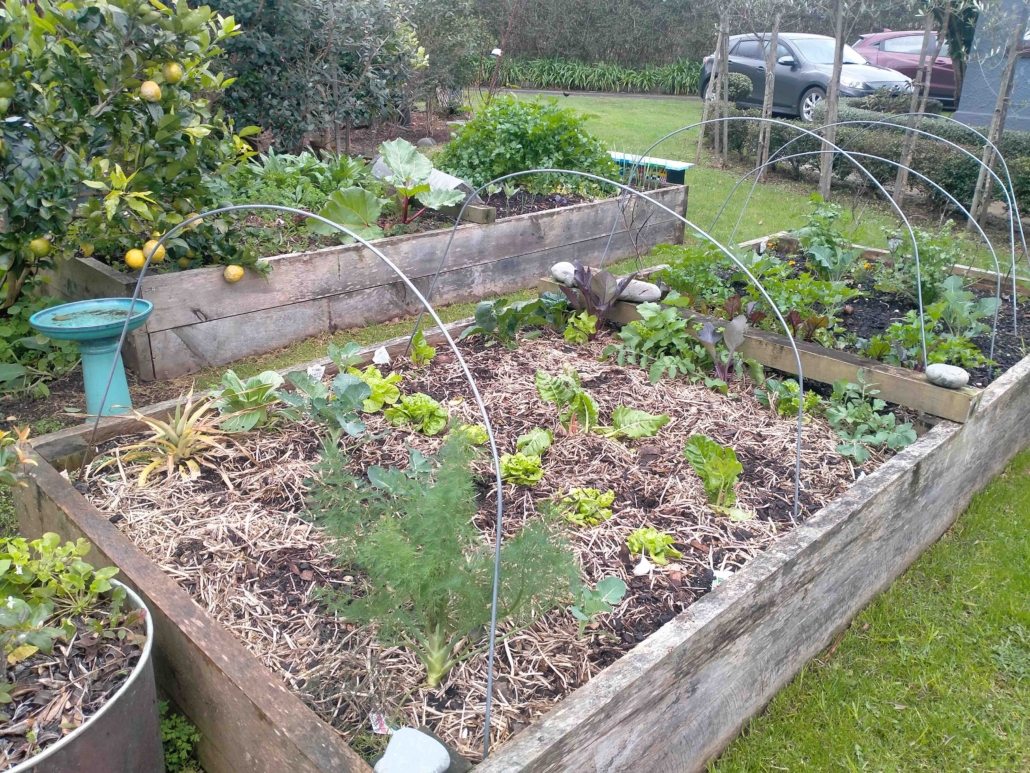

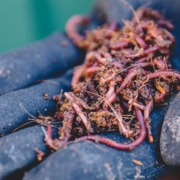
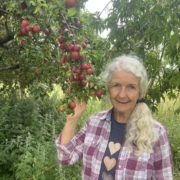
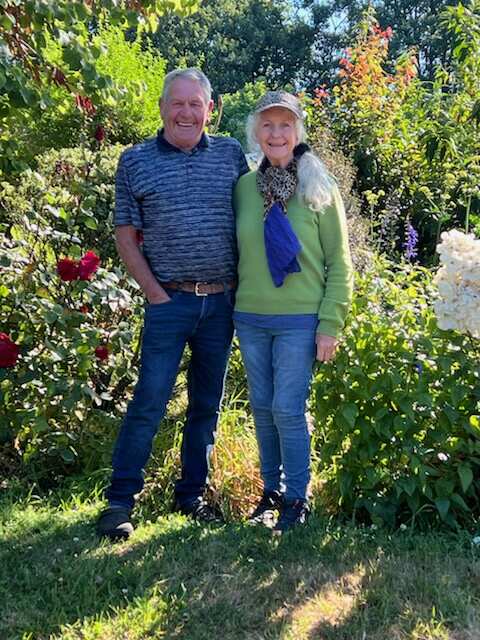
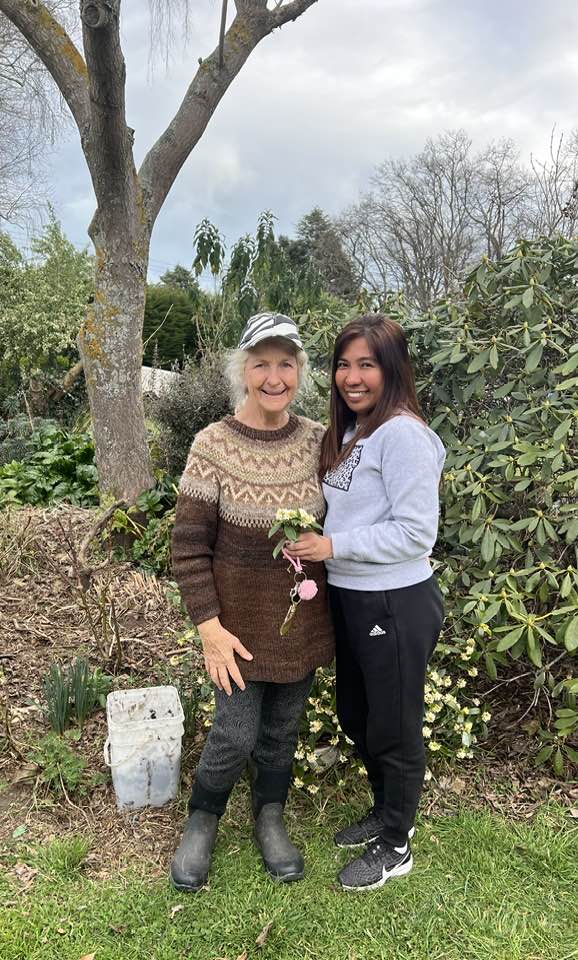
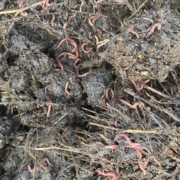
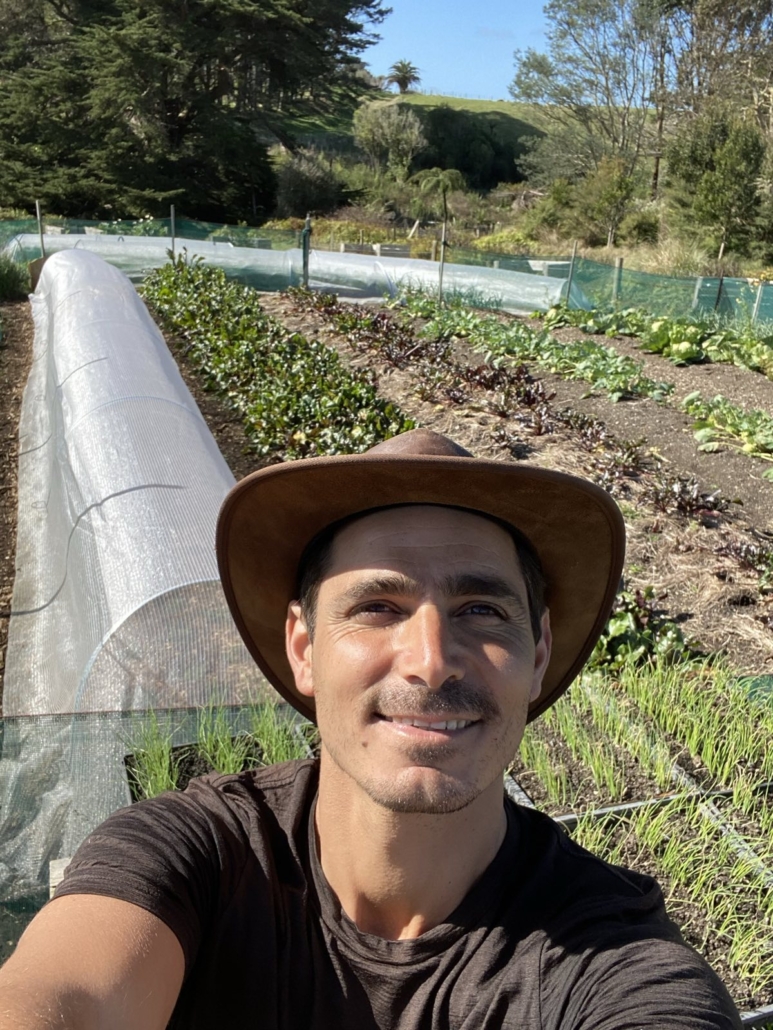
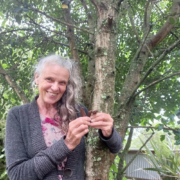
 Michael Sewell, 22, living in University accommodation
Michael Sewell, 22, living in University accommodation Hyeon-Joo Kim, 21, living in a small apartment
Hyeon-Joo Kim, 21, living in a small apartment 